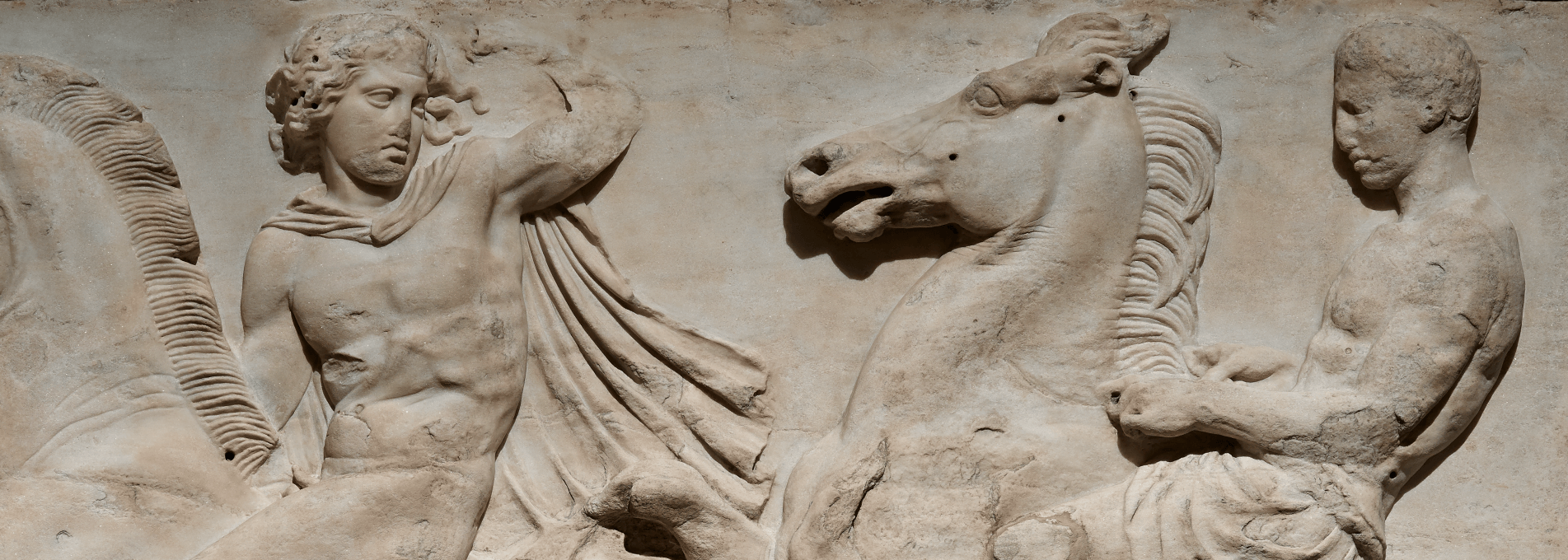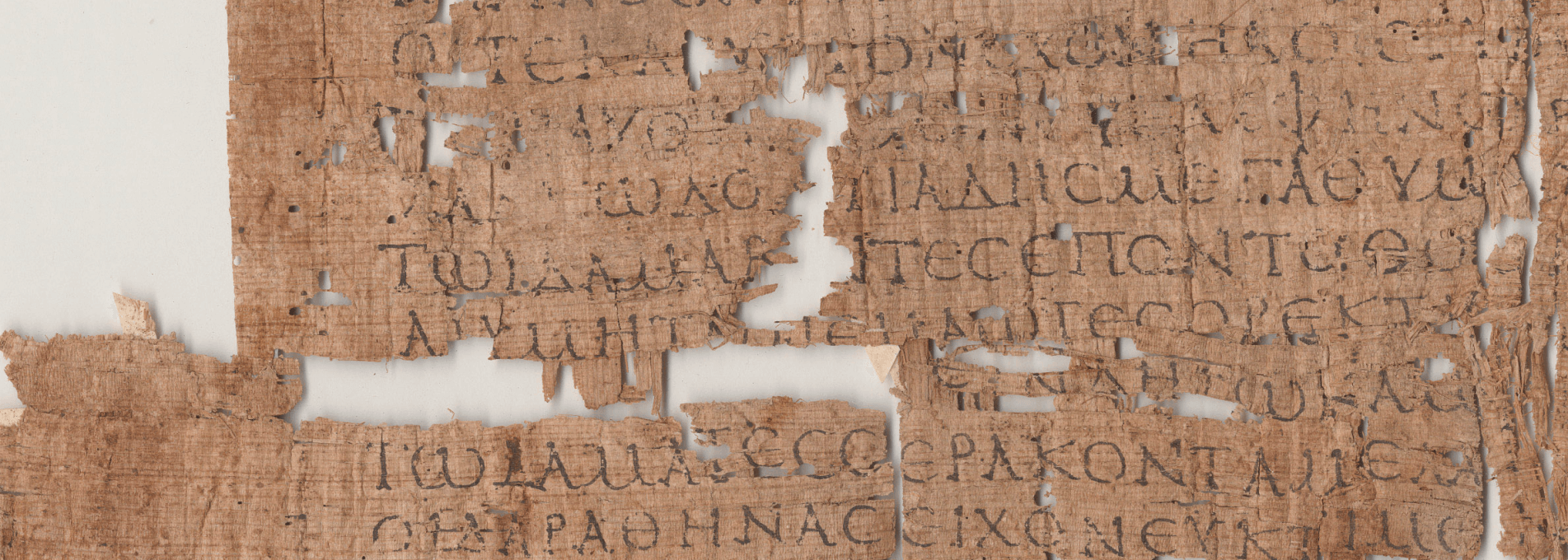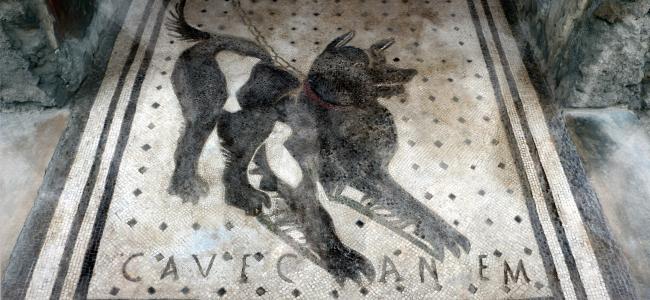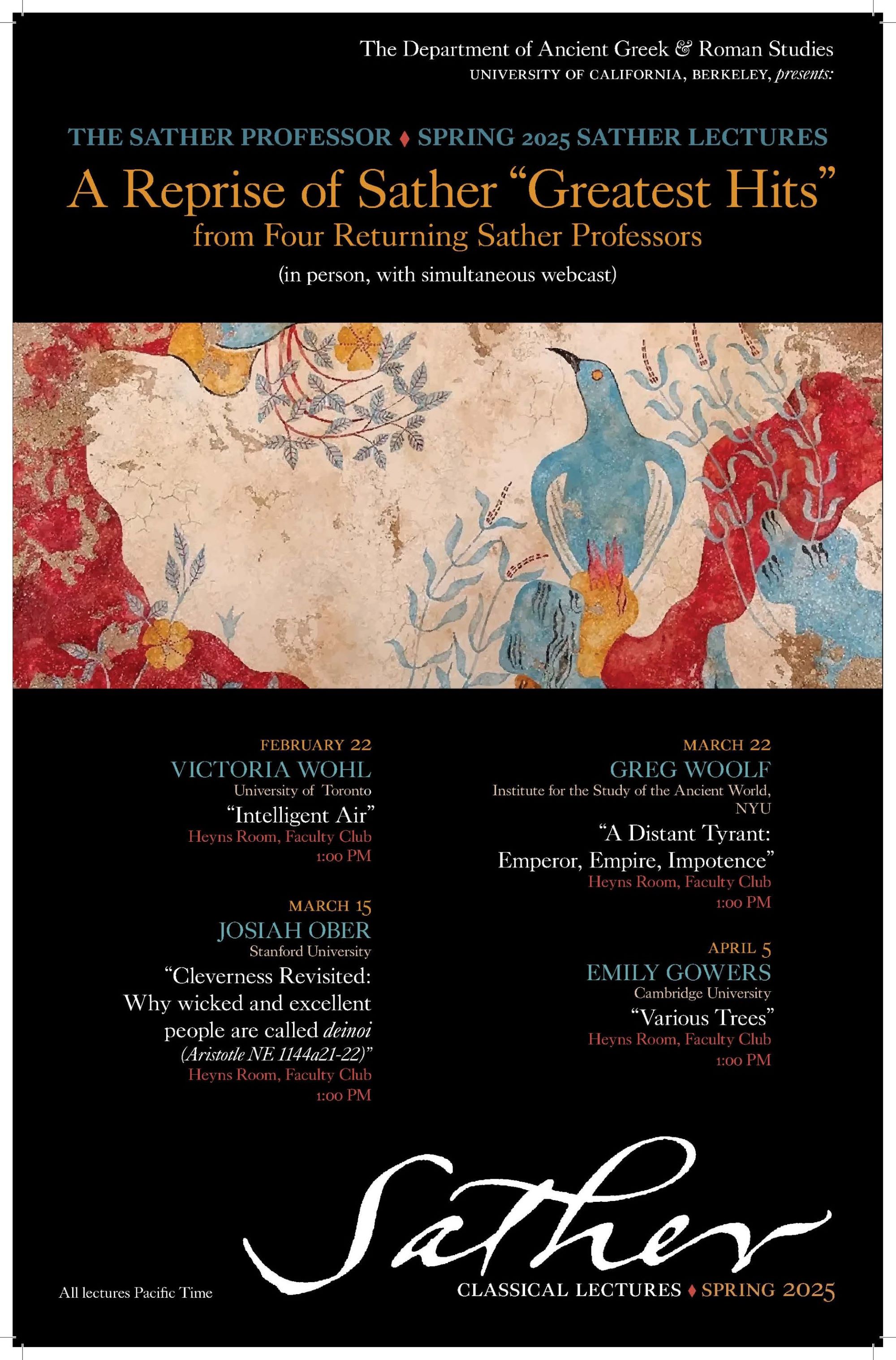Studying the Ancient Greek and Roman Worlds at Berkeley
The department teaches and studies the languages, cultures, histories, philosophies, literatures, art, and material culture of the ancient Greek and Roman worlds. It is home to exciting and welcoming undergraduate major programs and maintains a rich and varied schedule of undergraduate courses, including a full curriculum of ancient Greek and Latin language instruction. Its PhD programs in Classics and Classical Archaeology are enriched every year by the arrival of new future leaders in the study of the ancient world, and for generations their graduates have gone on to renew or remake their fields. Itself a teeming center of intellectual vitality on campus, the department is affiliated with internationally important research units directed by its faculty, including the Center for the Tebtunis Papyri, the Sara B. Aleshire Center for Greek Epigraphy, and the Nemea Center for Classical Archaeology. The department organizes many events of interest and hosts many visits, most notably the storied annual Jane K. Sather Professorship of Classical Literature.
Featured Courses
Who were the ancient Greeks, and what did they leave behind? From famous temples and statues to the houses, graves, and possessions of everyday people, we’ll explore the archaeology of the Greek world from the first farmers through the aftermath of Alexander the Great’s empire.
Reading of Petronius' *Satyricon* in Latin.
The AHMA seminar, co-taught by Maher and Shelton, explores domestic spaces and the daily lives of people in the past through the study of household remains. This includes examining architecture, deposits and artifacts—the items of everyday life—associated with the construction and life of ‘homes’. The diachronic study of households helps reveal the intimate, everyday aspects of ancient life, highlighting how individuals and families interacted with their environment, how they used space, and how their domestic practices were tied to broader cultural and economic developments.
News
The Department is delighted to report that three of our PhD students have garnered prestigious dissertation-year fellowships for 2025-26. Claire Healy has been awarded the Aleshire Center Fellowship, Nathan Levine the Center for Jewish Studies' Helen Diller Family Fellowship, and Cecily Manson the Frank E. Ratliff Fellowship. Our congratulations to all three!
It is with a heavy heart that DAGRS reports the death of Floyd L. Moreland, Professor Emeritus and former Dean at the City University of New York (CUNY) and a devoted friend, supporter, and alumnus of this department. For more on Professor Moreland, please follow this link.
The Department is delighted to announce that Release 3 of Donald Mastronarde's open-access online edition of the scholia on Orestes has been officially launched at EuripidesScholia.org. Our congratulatations to Professor Mastronarde on this major milestone! Work now begins on the scholia on the first third of Phoenissae, projected to be online about two years from now.
Events
There are no events scheduled at this time.
A Reprise of Sather “Greatest Hits”
Four Returning Sather Professors give lectures (in person, with simultaneous Webcast)








